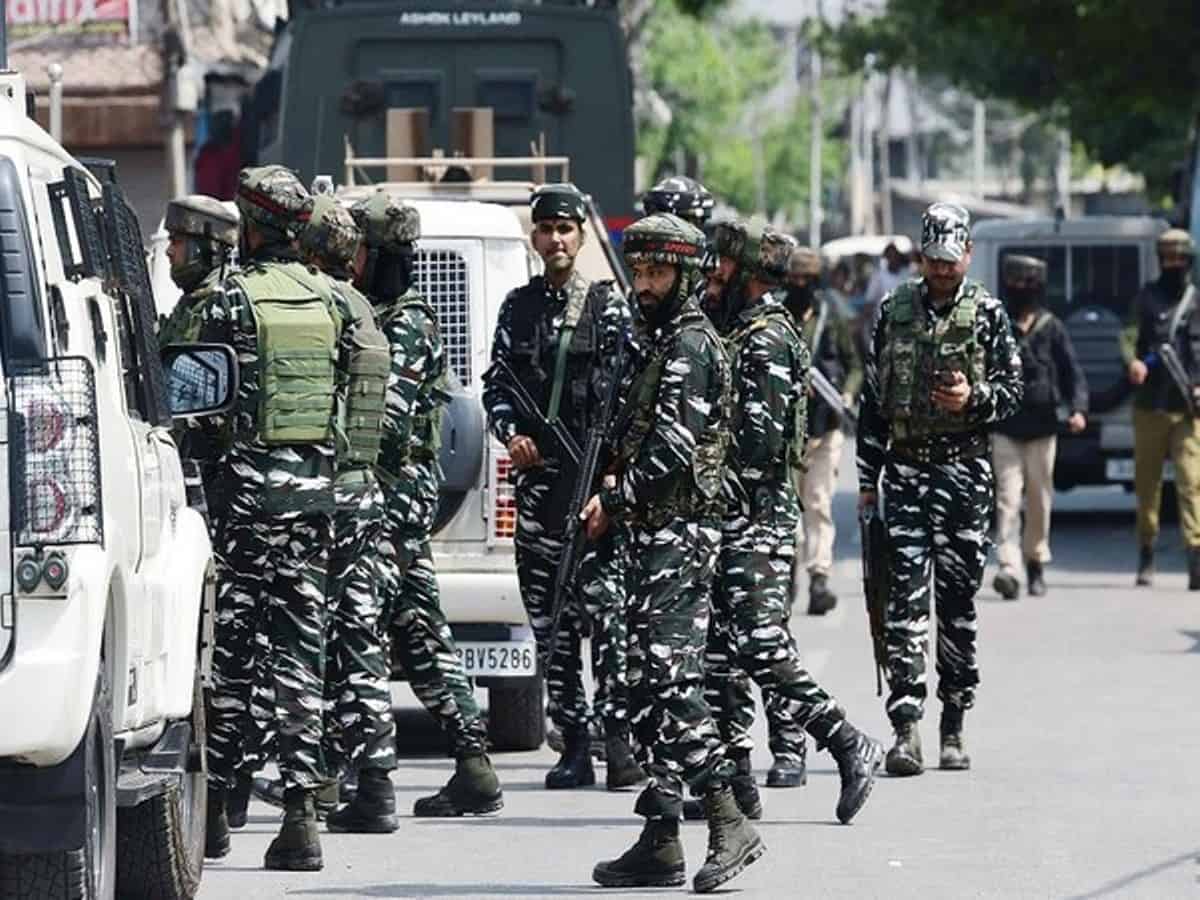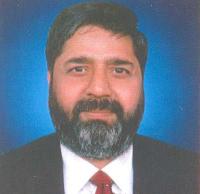

When Tamil Nadu Governor R N Ravi, an old Kashmir hand, and better known for his role in bringing rebel groups to negotiating table in Nagaland, asserted, “ gun for gun” in eliminating terrorism from Indian soil, he outlined the fundamentals of dealing with terrorism in which there was no space for talks with terrorists and their sponsors. He touched upon the new reality defined as “ zero tolerance to terrorism.”
In its essence, this guideline against terrorism needs to be understood and analyzed in wider context, in which the sources of terrorism across the borders, even distant nations needed to be taken into consideration. It would be a myopic outlook if the definition of terrorism and dealing with it is restricted to a particular area, but nevertheless India, which has been victim of terrorism, and the way its governments have dealt with it over the decades offer a classic example of do’s and don’ts to tackle this menace
While delivering his lecture on: “ Contemporary Challenges to Internal Security,” in Kochi on Sunday referred to two different approaches in 2009 and 2019, a decade apart from each other. After nine months of Mumbai terror attacks in November 2008, abbreviated as 26/11, on the American analogy of September 11, 2001 terror assault in the United States now christened as 9/11, the then Indian Prime Minister Manmohan Singh met with Pakistani Prime Minister Yusuf Raza Gilani at Egyptian resort Sharm-el-Sheikh. The two prime ministers vowed to fight terrorism and underlined that both countries were victims of terrorism. This not only gave a free pass to Pakistan that had launched terror attack against India in Mumbai, in which 180 people, including foreigners, were killed. This statement at Sharm-el-Sheikh treated Pakistan at par with India, thus removing Pakistan from the charge that it had launched the attack. Victim and perpetrator were treated on the same page. This was shameful for the nation.
That had shaken the whole nation. Ravi captured the disappointment of the nation, saying “ The whole nation was watching TV in a complete sense of helplessness.”
Things have changed. Ravi cited the case of the Pulwama terror attack on February 14, 2019. India launched an aerial surgical strike at terror camps inside Pakistan. India entered 250 km deep into the Pakistani territory and hit at the terror training camps run by Jaish-e-Mohammad, the terror group headed by Masood Azhar. This was strikingly definitive action against the enemy inside its territory and there was a strong message that acts of terror would invoke heavy costs on the perpetrators and sponsors.
Post 26/11, India was subjected to various terror attacks at regular intervals, Kashmir had become a battleground where terrorists were operating with their lethal weaponry, and there were arduous attempts to lay table for the terrorists and their sympathizers to talk. This confused the policy makers on the national security as to which approach needed to be adopted – fight against terrorists and their ecosystem or to knock their doors for talks, waiting for whimsical separatists to respond or to leave the talks-seekers waiting forever.
This was the legacy of Congress rule in the country, where interlocutors were appointed, some known, others operating behind shadows to approach the separatists and work out the deals. Some of the influential characters also delivered money bags to buy dialogue and reconciliation.
All this has changed now. Now terrorism in all its forms and manifestations is met with guns, and guns alone as the government has made it clear that there is no room for talks.
In the larger context, it also is a message to Pakistan, don’t nurture any illusions that its acts of terror will not be taken cognizance of. These will be punished and punished severely.



